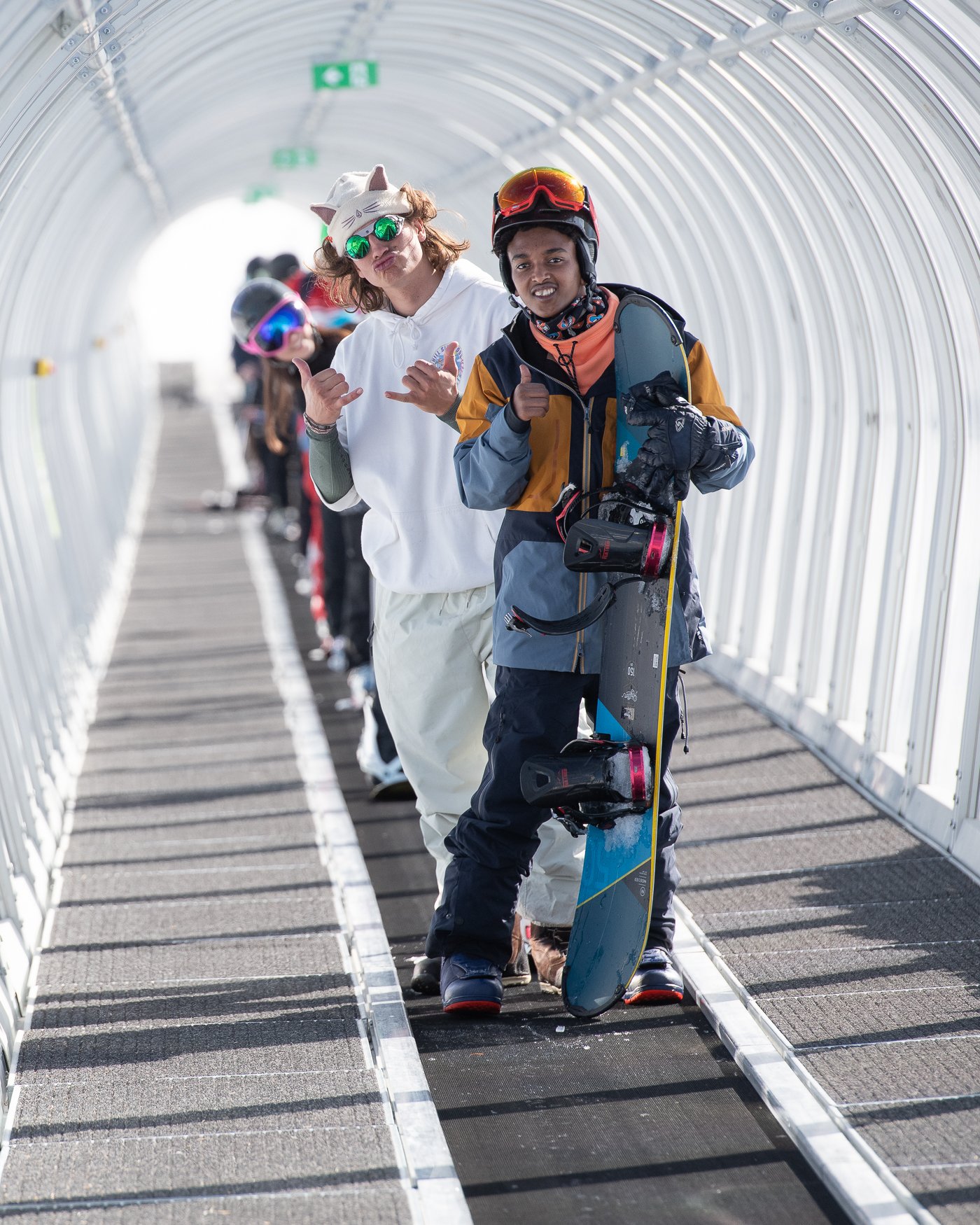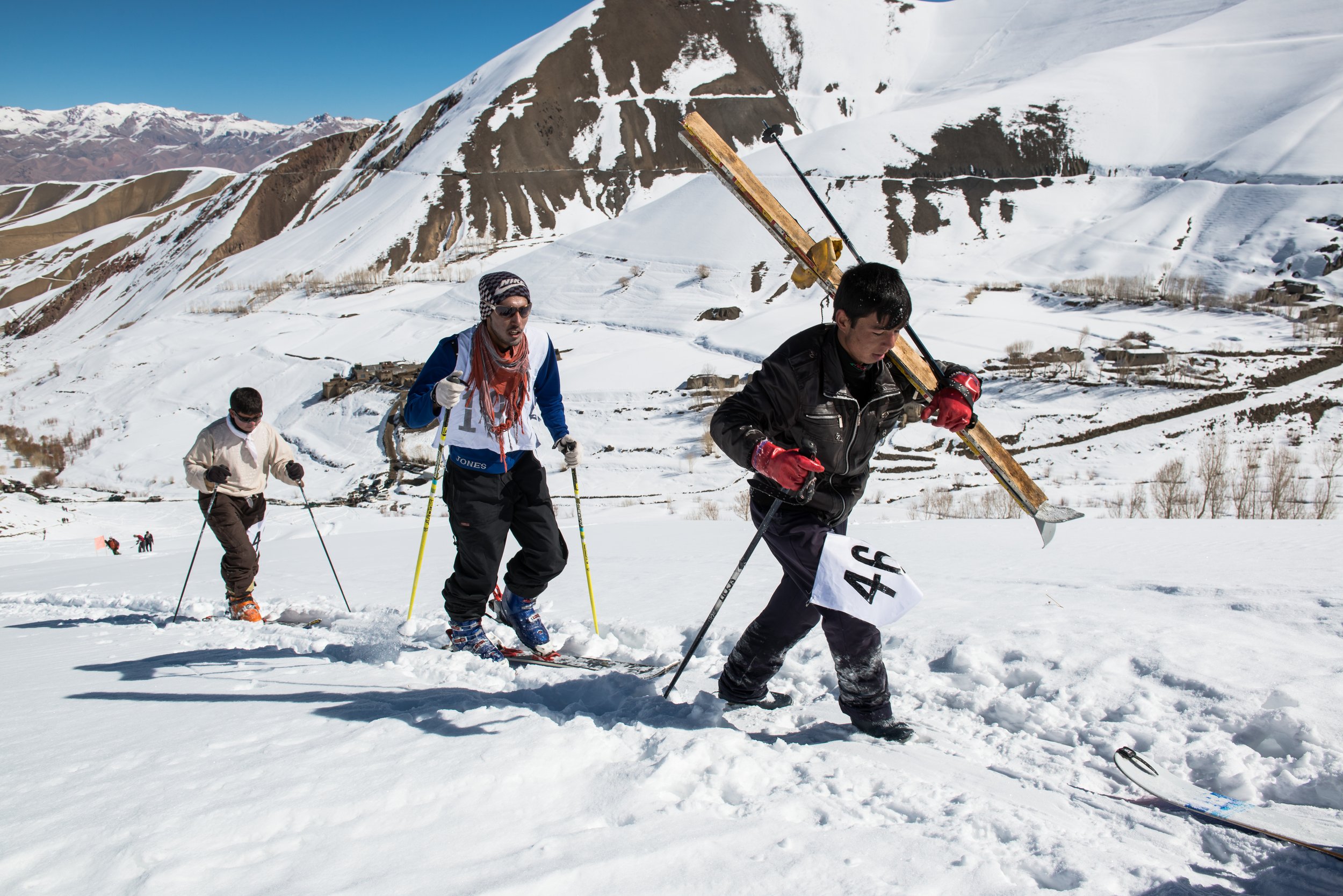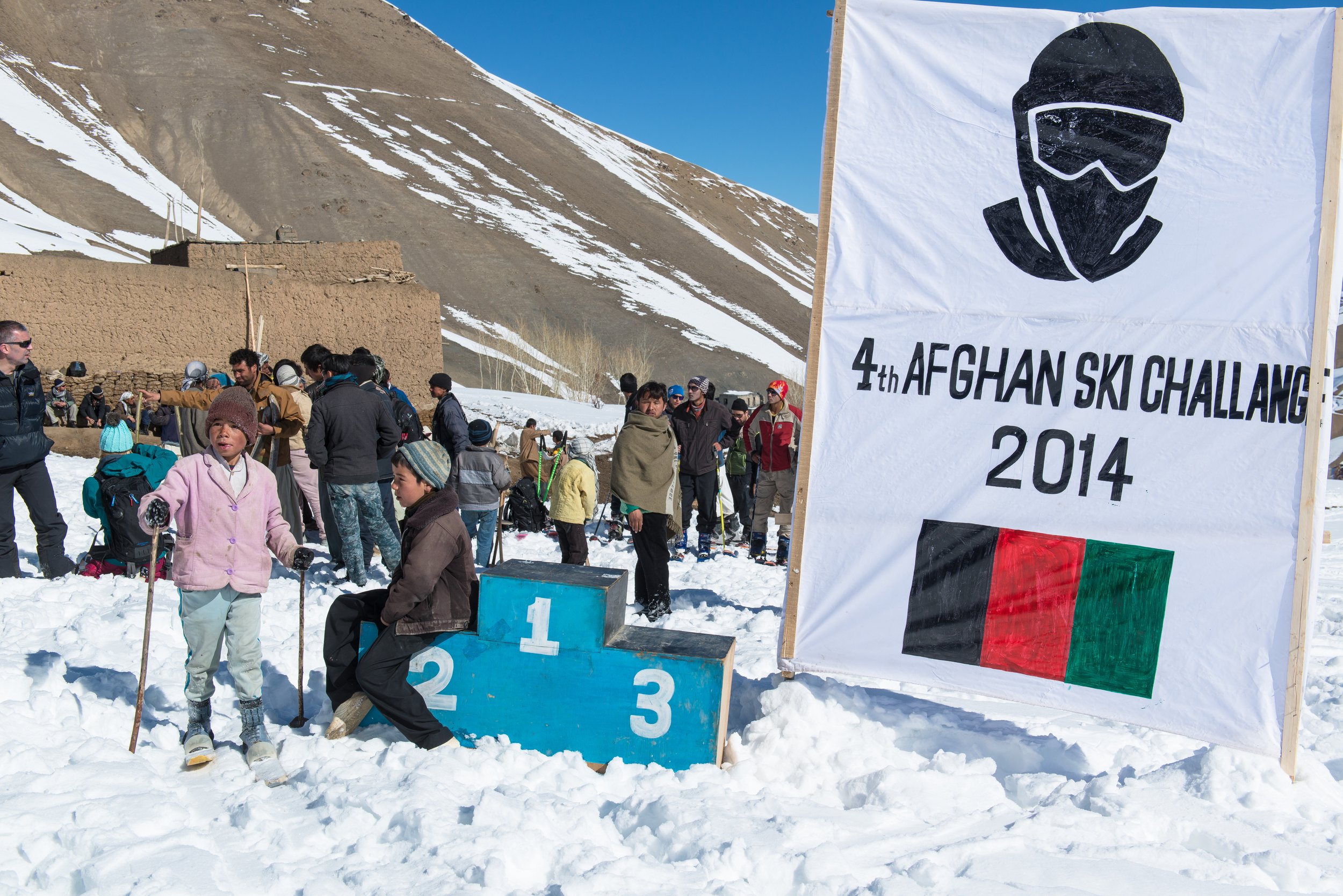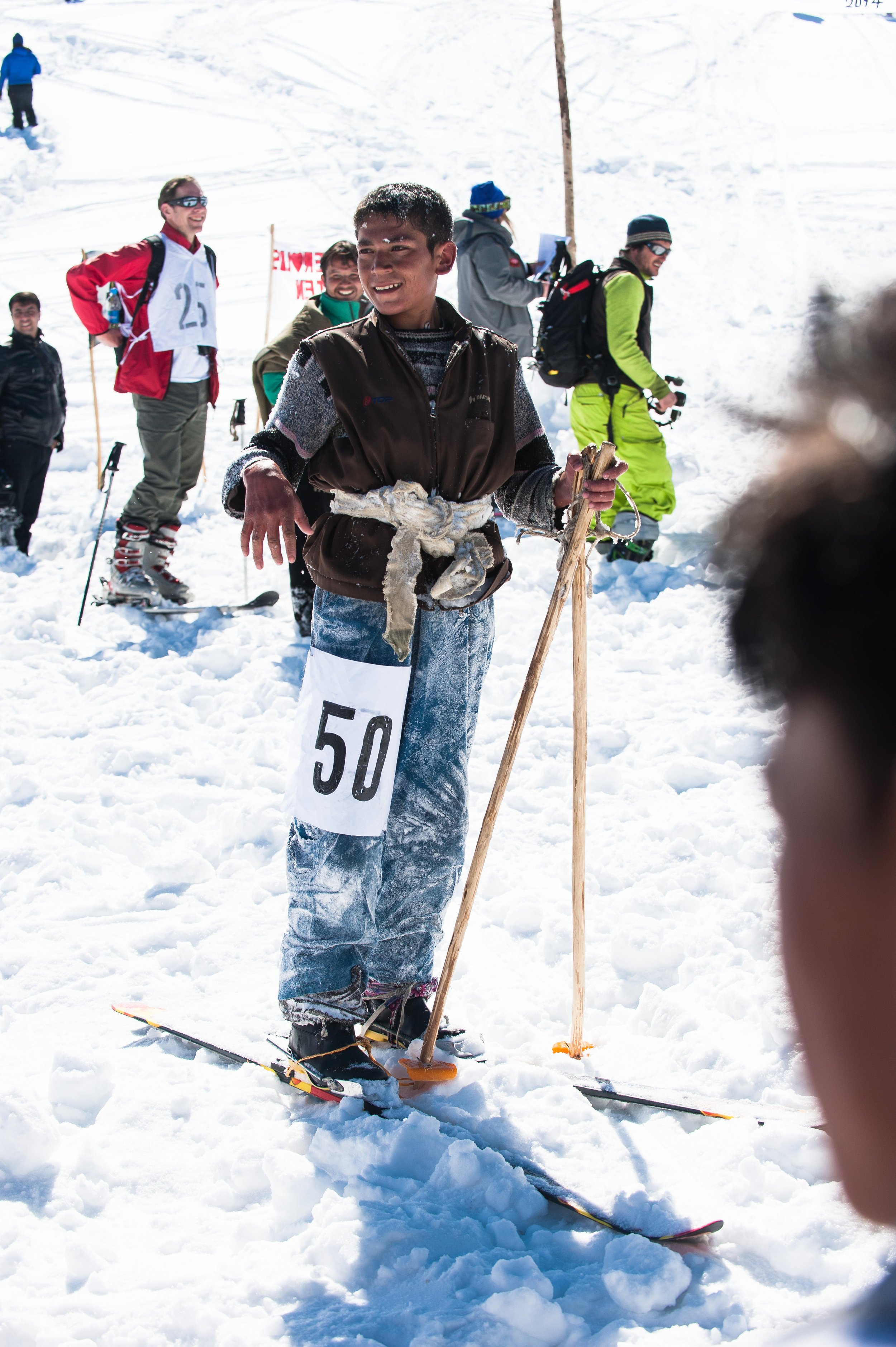The key to skiing
text by Ruedi Flück, initially written in German, translated into English.
In Switzerland, you might think, everyone skis. But the way Vico Torriani sang about skiing in 1963 in "Alles fährt Ski" has unfortunately not been the case on Swiss ski slopes for a long time. Sales figures for skis are falling, trend sports such as freeskiing are becoming elitist, subcultures are fragmenting and getting lost in different trends. The globalized social media continue to make consumers believe there is a lively trend and the number of visitors to ski resorts remains constant. But skiing is becoming less and less relevant in Swiss society.
There is no law of nature that ever said that Switzerland would become a skiing nation. Sure, the mountains are our immediate surroundings, but there are also many other regions on earth that are characterized by mountains. In fact, our economic supremacy has meant that we as a society can afford to indulge in this leisure activity and support many professional athletes. Skiing as a pleasure and popular sport has been established in the middle of the 20th century and by the end of the century was firmly anchored politically as a cultural asset. Entire branches of industry and tourism are based on this culture, which is probably past its peak today.
Classic ski racing as represented in the media is not in tune with the times. Climate change is being ignored, as we were recently shown by the scandal surrounding the excavators on the glacier for the World Cup downhill in Zermatt. The FIS plans according to economic interests and not according to the winter season. Inclusion is swept under the carpet in the toxic patriarchal federations, as we can see with the Norwegian superstar, Lucas Braathen. The free spirit gave up a promising career in ski racing at the age of 23 due to disagreements with the association. Unfortunately, the decline in purchasing power in Switzerland is also making it increasingly difficult to afford winter sports at all.
The downward trend in skiing is countered by projects that promote inclusion in sport and counteract exclusivity. The fascination of winter sports is intact. The Afghan snowboard team makes it to Europe thanks to the relentless efforts of Victor Daviet, a French snowboarder. Initiatives to represent FLINTA* people in winter sports manifest themselves - @superfriendlysociety, @curved.lines.crew. People of Color create impressive winter sports commercials - Dennis Ranalter.
These projects not only give social cohesion a perspective, but also winter sports as a whole. The hope is that skiing will remain accessible to many and that more different people will be able to engage with this sport. Many projects have set themselves this goal. They are trying to get more people involved in winter sports in very different ways.
Access through the family
As the child of a family from Aargau, with long journeys to the mountains, I was not born with an early access to winter sports. My father, who worked for Swiss Post (initially PTT) for 45 years, promised when he and my mother started a family that he would give us two weeks of skiing vacations every year. This contact with winter sports was decisive in getting me involved in it for over 20 years.
If the parents ski, there is a very good chance that the children will also ski. Whether they actively take part in races and ski camps or just ski a few slopes from time to time doesn't really matter. The main thing is that they know the feeling of "being in the mountains", of gliding over snow. If the parents of young people are not involved in winter sports, it will be difficult for their children to get involved. This is where JUSKILA and the Swiss Winter Sports Initiative www.gosnow.ch, for example, come in with projects in schools. "Everything works through the school. If the school decides to have a snow sports day, all the kids will have a snow sports day." Gary Furrer, Head of Popular Sports at Swiss-Ski 2010-2023. Experience provides access and therefore interest. If this interest grows, you will also find a way to dedicate yourself to the sport as a child or young person.
In addition to promoting top-class sport, Swiss-Ski also plays a major role in popular sport. Gary Furrer has played a decisive role in shaping initiatives such as the Sunrise Snow Days, the Dario Cologna Fun Parcour (cross-country skiing) and the Simon Ammann Jump Parcour (ski jumping) in recent years, because he recognized the challenges of promoting young talent early on and tackled them decisively. These initiatives all aim to provide children and young people with day trips where they can come into contact with sport free of charge. Even if the technique of those sports is far from mastered after one day, the experiences are lasting and a great joy for all exercise enthusiasts.
The fact that young people are turning away from winter sports, even though they actually have access to them, has a lot to do with the fact that the image of winter sports has been severely damaged, as mentioned at the beginning. It will be difficult to change this if institutions and decision-makers continue to believe in the myth of supply and demand and think that we can master social change with it. Those who create supply and hope that demand will arise automaticly will come away empty-handed. They will have to actively promote their offers and take changes in society into account so that sport becomes "cool" again.
LDM Fun Camps. Photo: Ruedi Flück
Culture of openness
"If we don't manage to make snow sports accessible to children with a migration background, then we've lost." Gary Furrer
The second generation of immigrants makes up an ever-increasing number of young Swiss people. The teaching of winter sports can be seen as a bridge builder for the cohesion of our society. Mustafa Ceylan from Montreux is an impressive example of this. He accompanied the boys from "Awone Films" led by Laurent De Martin and Jules Guarneri at a young age. Not only did he learn freestyle skiing in an impressive way, he also established himself in his environment. Film jobs were the first money he earned in winter sports and today he works in a ski store as a technician and is the service man for the Swiss-Ski national squad at their World Cup competitions. His parents fled from Kurdish Turkey and didn't know much about the winter sports industry. However, they soon recognized Mustafa's passion for the sport and supported him. Even though they never thought that he would one day earn money with it.
Rookie Slash in French-speaking Switzerland is an association of young sports enthusiasts who meet regularly to practise various sports. Their aim is to build a bridge between the community of young refugees and the local society by teaching them sports. "Our aim is to see integration as normal through social contact and by forming a team. We don't do integration work, we have a skate/ski/climb team." Nytaï from Rookie Slash. A one-week winter sports camp will be organized again in winter 2023/24, where young people can register. Participation is free of charge and is always fully booked very quickly. The shared experiences bring everyone together and they have a direct link to the Swiss ski nation through getting to know each other.
Can I afford it?
Yes, you can. Because the image of skiing is so consumerist, we quickly forget how little it actually takes to ski. A pair of touring skis, ski boots, gloves, sunglasses and warm clothing and off you go. It should go without saying that it doesn't always have to be the latest trend. It should also be logical that skis from 10-15 years ago still work very well. Tickets for a ski resort, overpriced schnitzel and french fries in a mountain restaurant and après-ski at the valley station don't have to be. Sure, it's fun and much more comfortable, but skiing is also possible without it.
Of course, all the technical refinements, convenient transportation and developed infrastructure in our western world have led to the emergence of these subcultures - the alternative skiing - that we hold so dear. But we must never forget what it's all about. The sensation of effortless gliding.
When we took part in the Afghan Ski Challenge in Bamyan, Afghanistan in 2014 together with Arnaud Cottet and Loïs Robatel, we had to realize exactly that. The challenge was that anyone could sign up and the aim was to climb a mountain and ski back down again as quickly as possible. Despite all economic, political and cultural resistance, everyone from the surrounding area who could somehow, took part in the event. People came in sneakers, over snow-covered passes, on foot four hours from the neighboring valley, just so as not to miss the spectacle. And of course, not all the communities on site were thrilled. And yet there were positive effects on everyone involved in the Afghan Ski Challenge, especially those who took part in the competition.









